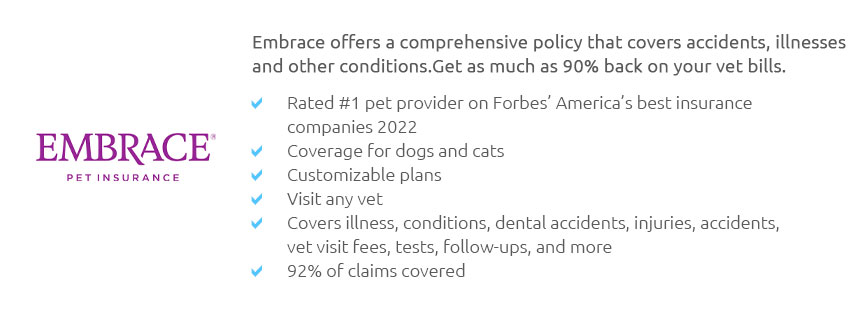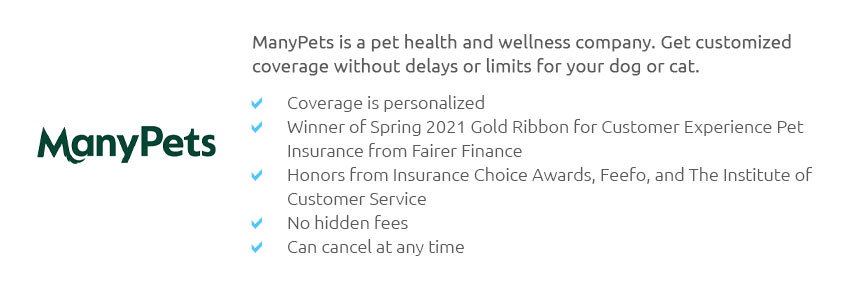 |
 |
 |
 |
 |
 |
|
 |
|
 |
|
 |
|
 |
|
 |
 |
 |
 |
 |
 |
 |
 |
Understanding Pet Insurance and Its Role in Preventive CareIn today's world, where pets are considered cherished members of the family, ensuring their health and well-being is a paramount concern for pet owners. One emerging trend in this realm is the adoption of pet insurance policies that cover preventive care. This type of insurance not only provides a financial safety net for unforeseen medical expenses but also encourages regular health check-ups and vaccinations, ultimately promoting a longer and healthier life for our furry companions. Pet insurance typically falls into several categories, with the most common being accident-only, illness, and comprehensive plans. However, the inclusion of preventive care coverage has added a new dimension to these policies. Essentially, preventive care in pet insurance refers to the coverage of routine care and wellness-related expenses, such as vaccinations, dental cleanings, flea and tick prevention, heartworm testing, and annual health exams. The significance of such coverage cannot be overstated, as it plays a critical role in early detection and prevention of potential health issues.
In conclusion, as more pet owners recognize the value of preventive care in ensuring the long-term health of their beloved animals, the demand for comprehensive pet insurance policies that include such coverage is on the rise. While the initial investment in pet insurance may seem daunting to some, the long-term benefits of safeguarding a pet's health and reducing the financial burden of veterinary expenses make it a worthwhile consideration. Ultimately, preventive care coverage in pet insurance is not just about financial protection; it's about embracing a proactive stance towards the health and happiness of our pets, allowing them to thrive in the comfort of a caring and attentive household. https://www.pumpkin.care/blog/pet-insurance-preventive-care/
We know that most standard pet insurance plans can't cover preventive care costs like annual wellness exams, teeth cleanings, preventive ... https://spotpet.com/blog/why-pet-insurance/pet-insurance-with-wellness-spot-preventive-care
Spot's Preventive Care Options: Gold vs. Platinum - Gold: Covers the eligible costs of essential preventive care like annual wellness exams, ... https://www.fetchpet.com/pet-wellness
Routine care like vaccinations, heartworm prevention and dental cleaning would be covered under wellness. Can I get a pet wellness insurance plan on its own?
|